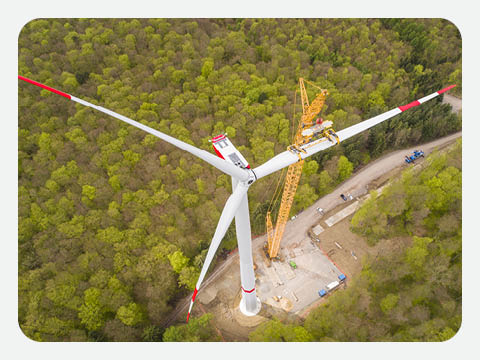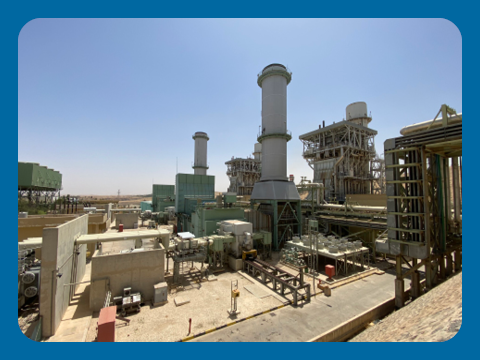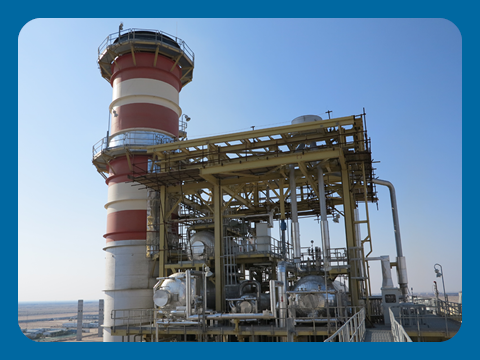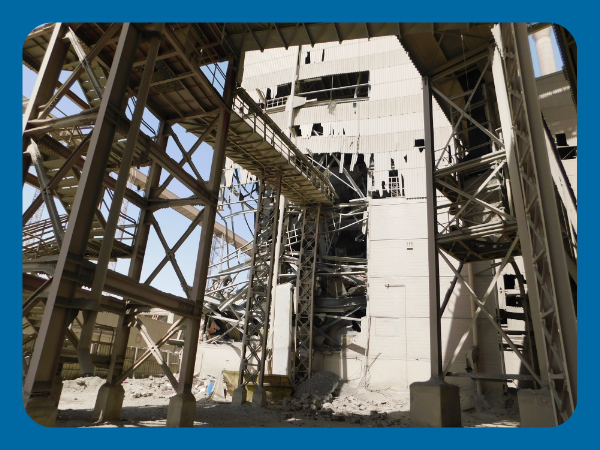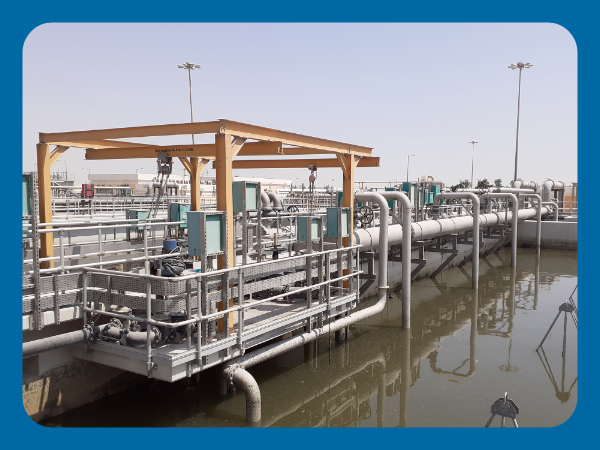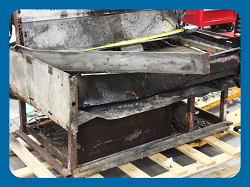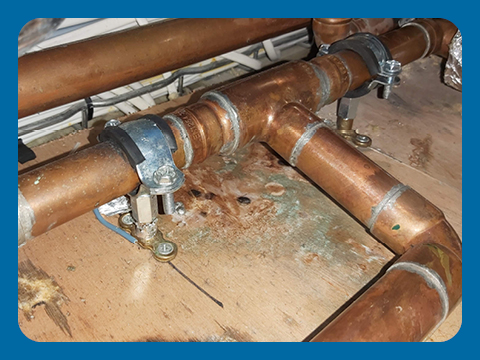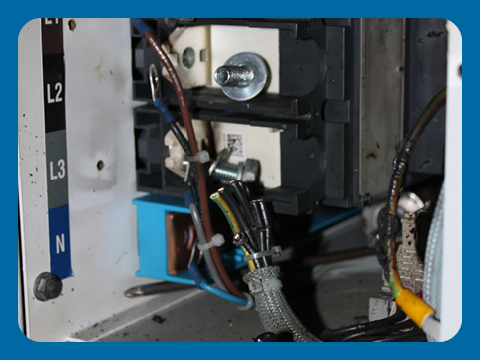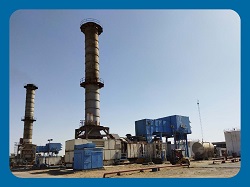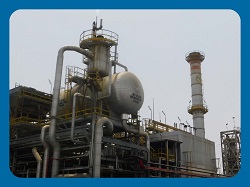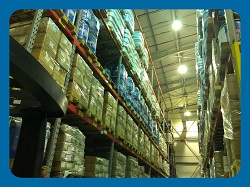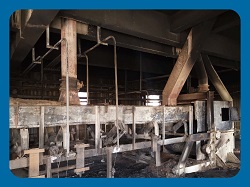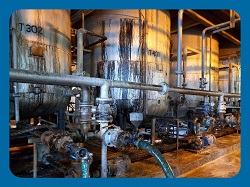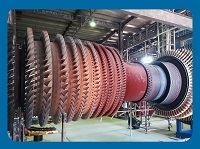Because renewable energy sources like solar and wind are not continuously available, new energy storage systems (ESS) are being developed and deployed around the world to store energy generated and to provide sustainable, continuous energy. It is currently expected that by 2030, the total usage of ESS will have increased by 600% from what they are now.
There are multiple types of batteries deployed to different substations depending on the environmental exposures and other considerations, including lead acid batteries, nickel-based batteries, flow batteries, and lithium-ion batteries, each of which can fail catastrophically.
Many disputes can arise as a result of the use of Battery Energy Storage Systems, including matters related to efficiency as well as incidents involving devastating fires and consequential damage to other nearby property. Having investigated numerous incidents involving battery energy storage system failures, as well as advising on technical matters where these systems are used as part of a renewable energy power plant, we will share our experience and shed light on the technical matters that should be considered when disputes arise.

